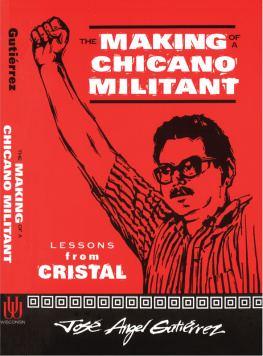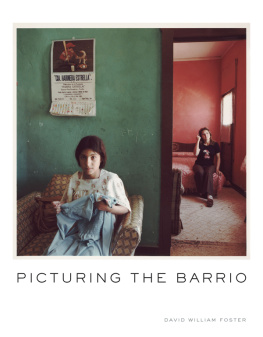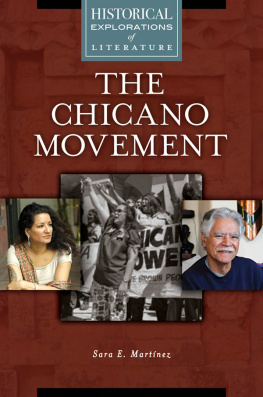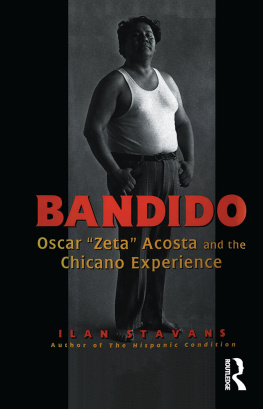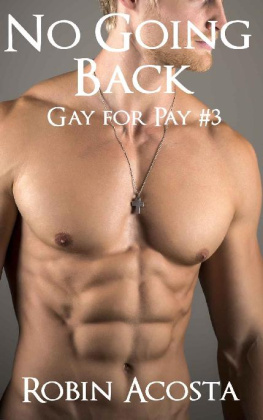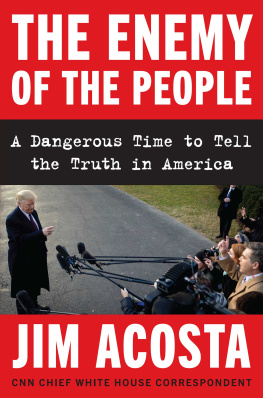The Autobiography of a Brown Buffalo
by Oscar Zeta Acosta
Introduction by Hunter S. Thompson
with a new Afterword by Marco Acosta
a.b.e-book v3.0 / Notes at EOF
Back Cover:
"Immensely readable... A Chicano Manchild in the Promised Land" -- Publishers Weekly
Before his mysterious disappearance and probable death in 1971, Oscar Zeta Acosta was famous as a Robin Hood Chicano lawyer and notorious as the real-life model for Hunter S. Thompson's "Dr. Gonzo," a fat, pugnacious attorney with a gargantuan appetite for food, drugs, and life on the edge.
Written with uninhibited candor and manic energy, this book is Acosta's own account of coming of age as a Chicano in the psychedelic sixties, of taking on impossible cases while breaking all the rules of courtroom conduct, and of scrambling headlong in search of a personal and cultural identity. It is a landmark of contemporary Hispanic-American literature, at once ribald, surreal, and unmistakably authentic.
"Acosta has entered counterculture folklore. This is the life story of a man whose pain is made real, whose roots are in question, and whose society seems to be fragmenting around him." -- Saturday Review of Literature
First Vintage Books Edition, July 1989
Copyright 1972 by Oscar Zeta Acosta
Introduction copyright 1989 by Hunter S. Thompson
Afterword copyright 1989 by Marco Acosta
All rights reserved under International and Pan-American Copyright
Conventions. Published in the United States by Random House, Inc.,
New York. Originally published, in hardcover, by Straight Arrow
Books, San Francisco, California, in 1972.
Library of Congress Cataloging-in-Publication Data
Acosta, Oscar Zeta.
The autobiography of a brown buffalo/by Oscar Zeta Acosta. -- 1st Vintage Books ed.
p. cm.
Reprint. Originally published: San Francisco: Straight Arrow Books, 1972.
ISBN 0-679-72213-0: $7.95
1. Acosta, Oscar Zeta. 2. Mexican Americans -- West (U.S.) -- Biography.
3. Mexican Americans -- West (U.S.) -- Ethnic identity. 4. United States -
Popular culture -- History -- 20th century. 5. West (U.S.)-Biography. I. Title.
[CT275.A186A3 1989]
978' .0046872073-dc 19
[B] 88-40356
CIP
Manufactured in the United States of America
3579B8642
This book is dedicated to
Neil Herring
Simon Rosenthal
and my sisters, Annie, Martha and Stella
ACKNOWLEDGMENTS
The title I stole from Mangas, the Chief of The Brown Buffalo Party.
My instructors have been Doc Jennings, Mark Harris and Douglas Empringham.
Aid and comfort I received from Barbara Burgower, not to mention a few ideas.
My official photographer is Annie Leibovitz.
My son, Marco and his mother, Betty, of Pepsi Cola fame, lived through part of the madness.
The original editors and publishers who first tackled the central themes on this work of art are the vatos locos from East L.A. who put out Con Safos Magazine.
My wife, Socorro, waited while I told the world about my friends and their many problems.
And, of course, none of the madness could have been committed to print had it not been for the work and good sense of my editor and publisher, Alan Rinzler.
Oscar Zeta Acosta
Chicano Lawyer
Ziquitaro, Michoacan
Mexico
May, 1972
INTRODUCTION
Oscar was a wild boy. He stomped on any terra he wandered into, and many people feared him -- His birthday is not noted on any calendar, and his death was barely noticed... But the hole that he left was a big one, and nobody even tried to sew it up. He was a player. He was Big. And when he roared into your driveway at night, you knew he was bringing music, whether you wanted it or not.
I have never liked writing about him, because it makes me think too much, and I can never find the right words to explain the terrible joy that he brought with him wherever he went...You had to be there, I guess, and you had to understand that the man was never comfortable unless he was in the company of people who were crazier than he was.
When he died, I wrote an epitaph, and I don't feel like doing it again, so here is what it felt like at the time... Res Ipsa Loquitor.
* * *
Oscar Zeta Acosta -- despite any claims to the contrary -- was a dangerous thug who lived every day of his life as a stalking monument to the notion that a man with a greed for the Truth should expect no mercy and give none...
When the great scorer comes to write against Oscar's name, one of the first few lines in the Ledger will note that he usually lacked the courage of his consistently monstrous convictions. There was more mercy, madness, dignity, and generosity in that overweight, overworked and always overindulged brown cannonball of a body than most of us will meet in any human package even three times Oscar's size for the rest of our lives -- which are all running noticeably leaner on the high side, since that rotten fat spic disappeared.
By the time I first met him, in the summer of 1967, he was long past what he called his "puppy love trip with The Law." It had gone the same way as his earlier missionary zeal, and after the one year of casework at an East Oakland "poverty law center," he was ready to dump Holmes and Brandeis for Huey Newton and a Black Panther style of dealing with the laws and courts of America.
When he came booming into a bar called Daisy Duck in Aspen and announced that he was the trouble we'd all been waiting for, he was definitely into the politics of confrontation -- and on all fronts: in the bars or the courts or even the streets, if necessary.
Oscar was not into serious street-fighting, but he was hell on wheels in a bar brawl. Any combination of a 250-pound Mexican and LSD-25 is a potentially terminal menace for anything it can reach -- but when the alleged Mexican is in fact a profoundly angry Chicano lawyer with no fear at all of anything that walks on less than three legs and a de facto suicidal conviction that he will die at the age of thirty-three -- just like Jesus Christ -- you have a serious piece of work on your hands. Specially if the bastard is already thirty-three and a half years old with a head full of Sandoz acid, a loaded .357 Magnum in his belt, a hatchet-wielding Chicano bodyguard on his elbow at all times, and a disconcerting habit of projectile-vomiting geysers of pure red blood off the front porch every thirty or forty minutes, or whenever his malignant ulcer can't handle any more raw tequila.
This was the Brown Buffalo in the full crazed flower of his prime -- a man, indeed, for all seasons. And it was somewhere in the middle of his thirty-third year, in fact, when he came out to Colorado -- with his faithful bodyguard, Frank -- to rest for a while after his grueling campaign for sheriff of Los Angeles County, which he lost by a million or so votes. But in defeat, Oscar managed to create an instant political base for himself in the vast Chicano barrio of East Los Angeles -- where even the most conservative of the old-line "Mexican-Americans" were suddenly calling themselves "Chicanos" and getting their first taste of tear gas at "La Raza" demonstrations, which Oscar was quickly learning to use as a fire and brimstone forum to feature himself as the main spokesman for a mushrooming "Brown Power" movement that the LAPD called more dangerous than the Black Panthers.
The weird grapevine will not wither for the lack of bulletins, warnings, and other twisted rumors of the latest Brown Buffalo sightings. He will be seen at least once in Calcutta, buying nine-year-old girls out of cages on the White Slave Market... and also in Houston, tending bar at a roadhouse on South Main that was once the Blue Fox... or perhaps once again on the midnight run to Bimini: standing tall on his own hind legs in the cockpit of a fifty-foot black cigarette boat with a silver Uzi in one hand and a magnum of smack in the other, always running ninety miles an hour with no lights and howling Old Testament gibberish at the top of his bleeding lungs...


